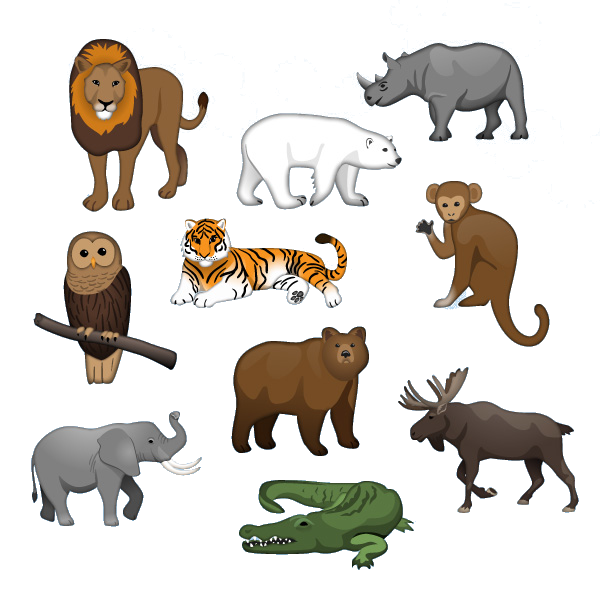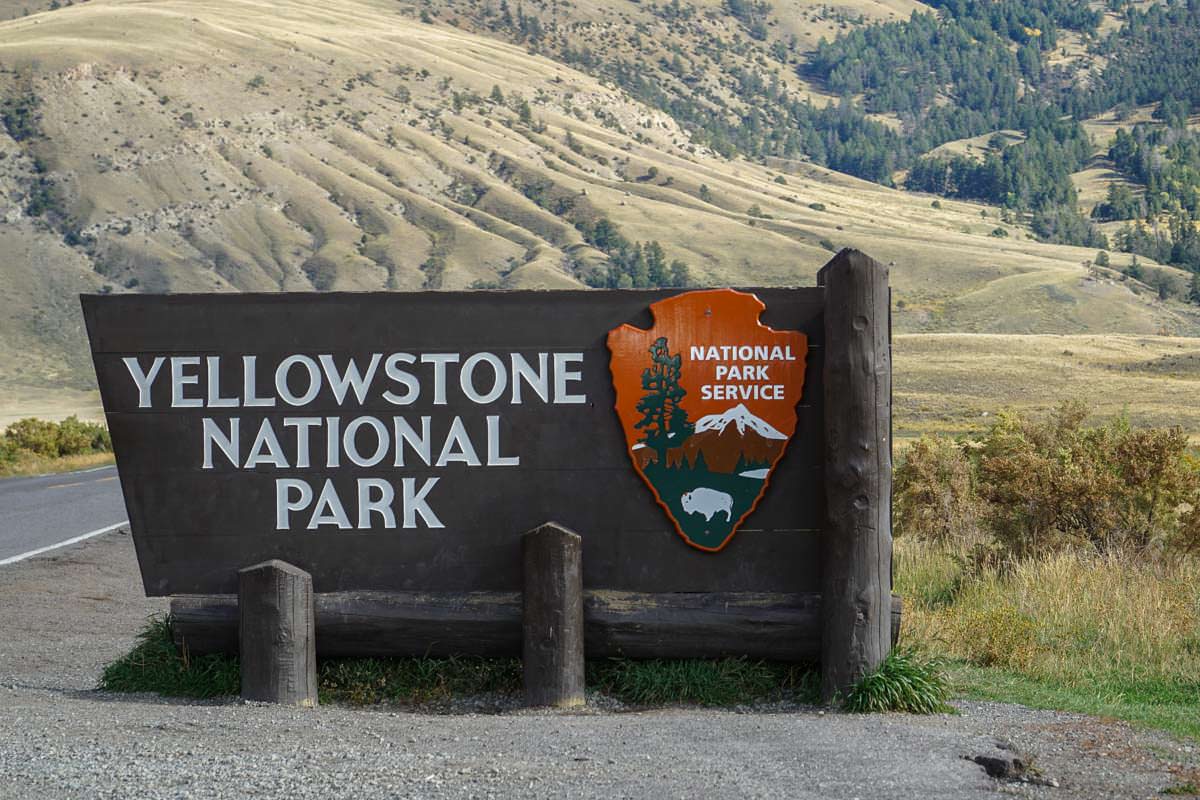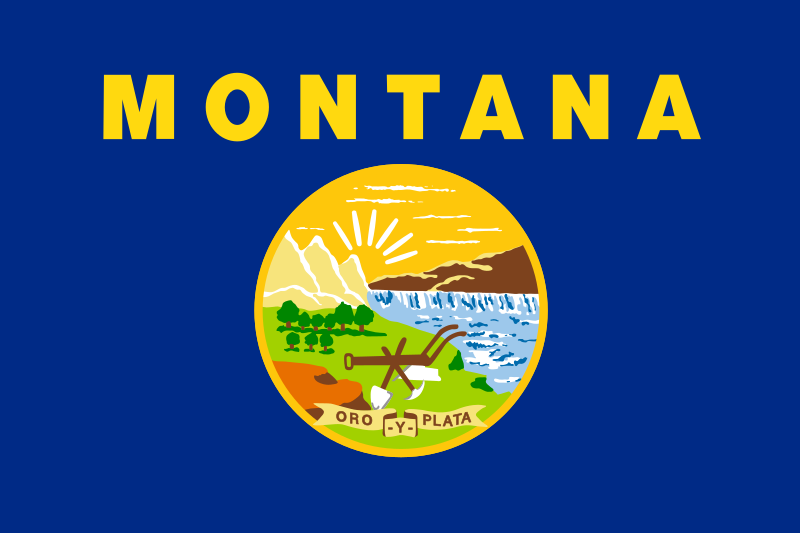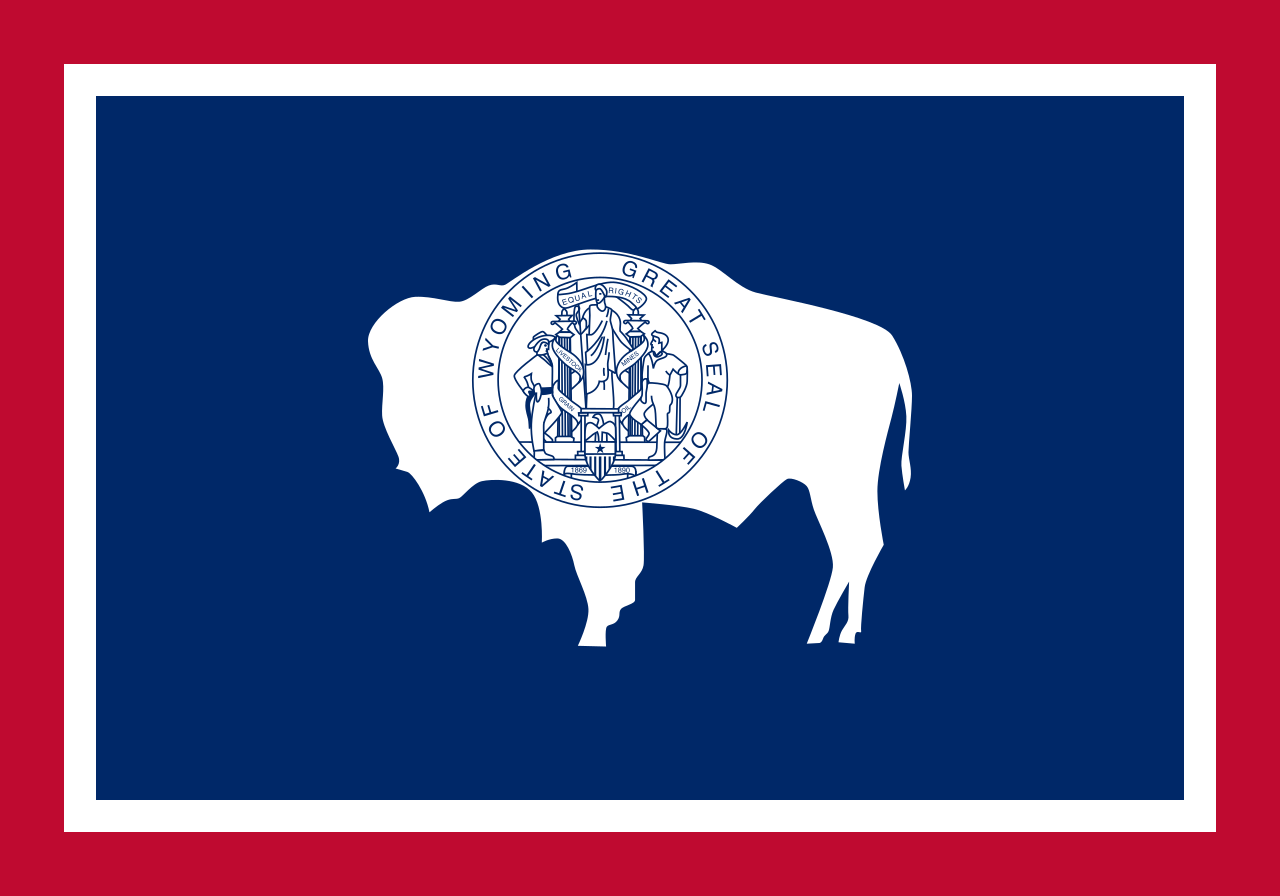(Quelle: Amazing Places on Our Planet)
German — Chinese


黄石国家公园(简称黄石公园,英语:Yellowstone National Park)是美国第一个国家公园。主要位于怀俄明州,部分位于蒙大拿州和爱达荷州,于1872年3月1日美国总统尤利西斯·辛普森·格兰特签署国会通过的法案后建立[4][5],是世界上第一个国家公园[6]。黄石公园以其丰富的野生动物种类和地热资源闻名,老忠实间歇泉更是其中最富盛名的景点之一[7]。公园中有着多种类型的生态系统,其中以亚高山带森林为主。
美洲原住民已经在黄石公园地区生活了至少1万1千年[8],19世纪早期的刘易斯与克拉克远征也绕过了这一区域。对该地区的有组织的勘探活动直到1860年代末才开始出现,此前只有一些选择在野外捕猎和居住的山地人在19世纪早期到中叶曾偶尔进入。美国陆军在公园刚刚建立后就受委托对其进行监管。1917年后,公园的管理工作移交给了之前一年刚刚成立的美国国家公园管理局。园中有数以百计因其建筑学和历史学意义而保护起来的建筑物,研究人员已经发现了超过1000个考古遗迹。
黄石国家公园占地面积约为8983平方千米[1],其中包括湖泊、峡谷、河流和山脉[7]。公园内最大的湖泊是位于黄石火山中心的黄石湖,是整个北美地区最大的高海拔湖泊之一。黄石火山是北美最大且仍处于活跃状态的超级火山,在过去两百万年中它曾数次以巨大的力量爆发[9]。喷出的熔岩和火山灰也覆盖了公园内的绝大部分地区。得益于其持续的活跃状态,世界上的地热资源有半数位于黄石公园地区[10]。黄石公园也是大黄石生态系统的核心所在,这是北温带地区现存最大且仍然近乎完好的自然生态系统[11]。
公园内有记录的哺乳动物、 鸟类、鱼类和爬行动物有数百种之多,其中包括多种濒危或受威胁物种[7],广袤的森林和草原中同样存有多种独特的植物。黄石公园是美国本土最大和最著名的巨型动物居住地。公园中有灰熊、狼、美洲野牛和加拿大马鹿的栖息地。黄石公园野牛群是美国最古老也最大的野牛群。公园内每年都会发生山火,其中最大的一次是1988年黄石公园大火,公园内近三分之一的面积被烧毁。黄石公园也是休闲娱乐的好去处,园内可进行远足、露营、划船、钓鱼、度假和观光等活动。沿着园内铺设的道路可以就近接触到主要的地热区域以及一些湖泊和瀑布。冬天,游客们则往往会在导游指引下乘坐雪上摩托车等冰上交通工具来造访公园。
イエローストーン国立公園(イエローストーンこくりつこうえん、Yellowstone National Park)はアイダホ州、モンタナ州、及びワイオミング州に位置するアメリカ合衆国の国立公園である。1872年に世界初の国立公園に指定されており [1]、ワイオミング州北西部を中心として3,470平方マイル(8,980㎢)にわたる。この国立公園には様々な間欠泉や温泉、地熱による観光スポットが散在していることで有名であるが、グリズリーやオオカミ、アメリカバイソン(バッファロー)やワピチ(エルク)の群れが生息していることでも知られる。ここは地上に残された数少ない手付かずの巨大温帯生態系の一つであるイエローストーン圏生態系 (Greater Yellowstone Ecosystem) の中心になっている。アメリカで最も人気のある国立公園で、2015年には410万人の観光客が訪れた。
Yellowstone National Park is an American national park located in Wyoming, Montana, and Idaho. It was established by the U.S. Congress and signed into law by President Ulysses S. Grant on March 1, 1872.[5][6] Yellowstone was the first national park in the U.S. and is also widely held to be the first national park in the world.[7] The park is known for its wildlife and its many geothermal features, especially Old Faithful geyser, one of its most popular features.[8] It has many types of ecosystems, but the subalpine forest is the most abundant. It is part of the South Central Rockies forests ecoregion.
Native Americans have lived in the Yellowstone region for at least 11,000 years.[9] Aside from visits by mountain men during the early-to-mid-19th century, organized exploration did not begin until the late 1860s. Management and control of the park originally fell under the jurisdiction of the Secretary of the Interior, the first being Columbus Delano. However, the U.S. Army was subsequently commissioned to oversee management of Yellowstone for a 30-year period between 1886 and 1916.[10] In 1917, administration of the park was transferred to the National Park Service, which had been created the previous year. Hundreds of structures have been built and are protected for their architectural and historical significance, and researchers have examined more than a thousand archaeological sites.
Yellowstone National Park spans an area of 3,468.4 square miles (8,983 km2),[2] comprising lakes, canyons, rivers and mountain ranges.[8] Yellowstone Lake is one of the largest high-elevation lakes in North America and is centered over the Yellowstone Caldera, the largest supervolcano on the continent. The caldera is considered an active volcano. It has erupted with tremendous force several times in the last two million years.[11] Half of the world's geysers[12][13] and hydrothermal features[14] are in Yellowstone, fueled by this ongoing volcanism. Lava flows and rocks from volcanic eruptions cover most of the land area of Yellowstone. The park is the centerpiece of the Greater Yellowstone Ecosystem, the largest remaining nearly-intact ecosystem in the Earth's northern temperate zone.[15] In 1978, Yellowstone was named a UNESCO World Heritage Site.
Hundreds of species of mammals, birds, fish, and reptiles have been documented, including several that are either endangered or threatened.[8] The vast forests and grasslands also include unique species of plants. Yellowstone Park is the largest and most famous megafauna location in the contiguous United States. Grizzly bears, wolves, and free-ranging herds of bison and elk live in this park. The Yellowstone Park bison herd is the oldest and largest public bison herd in the United States. Forest fires occur in the park each year; in the large forest fires of 1988, nearly one third of the park was burnt. Yellowstone has numerous recreational opportunities, including hiking, camping, boating, fishing and sightseeing. Paved roads provide close access to the major geothermal areas as well as some of the lakes and waterfalls. During the winter, visitors often access the park by way of guided tours that use either snow coaches or snowmobiles.
Le parc national de Yellowstone (en anglais : Yellowstone National Park) est un parc national des États-Unis, ainsi qu'un site du patrimoine mondial protégé par l'UNESCO, couvrant trois États au nord-ouest du Wyoming, au sud-est de l'Idaho (en bordure de la forêt nationale de Caribou-Targhee) et au sud-ouest du Montana (adjacent à la forêt nationale de Gallatin). Créé le 1er mars 1872 par le président Ulysses S. Grant, Yellowstone est le plus ancien parc national du monde2. Il s'étend sur 8 983 km2 (898 300 hectares), soit une superficie plus importante que celle de la Corse.
Il constitue le deuxième plus grand parc naturel des États-Unis hormis ceux localisés en Alaska. La caldeira de Yellowstone est célèbre pour ses phénomènes géothermiques ; il contient deux tiers des geysers de la planète et de nombreuses sources chaudes3. L'une des figures emblématiques du parc est le geyser « Old Faithful ». Le parc abrite aussi de nombreux grands mammifères comme des ours noirs, des grizzlys, des coyotes, des loups, des orignaux, des cerfs ou encore des troupeaux sauvages de bisons et de wapitis. Il constitue le cœur d'un vaste habitat naturel préservé, l'un des derniers écosystèmes relativement intacts des zones tempérées. Parmi les différents écosystèmes du parc, la forêt subalpine domine. Il est inscrit sur la liste des réserves de biosphère de l'UNESCO en 19764 et au Patrimoine mondial depuis 19785. Il reçoit chaque année la visite d'environ trois millions de personnes6, ce qui en fait l'un des parcs nationaux américains les plus fréquentés.
Il Parco nazionale di Yellowstone (Yellowstone National Park) si trova negli Stati Uniti d'America e più precisamente nell'estremo settore nord-occidentale dello Stato del Wyoming e sconfina, per un piccolo tratto, negli Stati del Montana (a Nord) e dell'Idaho (a Ovest)[1], occupando un'ampia zona delle Montagne Rocciose[2].
Il nome Yellowstone (pietra gialla) deriva dai fenomeni vulcanici attivi e la pietra gialla probabilmente deriva dallo zolfo presente in zona.
È il nucleo centrale del Greater Yellowstone Ecosystem, uno dei più grandi ecosistemi intatti della zona temperata rimasto sulla Terra, oltre ad essere il più antico Parco nazionale del mondo (fondato nel 1872 durante la presidenza di Ulysses S. Grant) e la più grande area protetta statunitense e, dal 1978, dichiarato Patrimonio dell'umanità dall'Unesco.
Nel 2015, il Parco è stato visitato da più di 4.000.000 di persone[3].
El parque nacional de Yellowstone (en inglés: Yellowstone National Park) fue creado por el Congreso de los Estados Unidos y convertido en ley por el entonces presidente Ulysses S. Grant el 1 de marzo de 1872,23 es un parque nacional ubicado en los Estados Unidos, principalmente en el estado de Wyoming, aunque se extiende por Montana e Idaho. Yellowstone, el primer parque nacional de los Estados Unidos, también se considera ampliamente el parque nacional más antiguo del mundo.4 Se encuentra encima de la caldera del mayor volcán de América, muy vivo pero sin erupción desde hace 640 000 años. Consecuencia son sus numerosos fenómenos geotérmicos, especialmente el géiser Old Faithful, una de sus atracciones más populares.5 Es famoso también por su diversidad en fauna, beneficiada por la prohibición de caza durante los últimos 150 años. A pesar de que posee múltiples ecosistemas, domina el bosque subalpino.
Los nativos americanos vivieron en la región de Yellowstone al menos durante 11 000 años.6 La expedición de Lewis y Clark, a principios del siglo XIX, circunvaló la región. Aparte de las visitas de los mountain men a mediados del siglo XIX, las exploraciones organizadas no comenzaron hasta la década de 1860. La armada de los Estados Unidos fue comisionada para supervisar el parque desde su establecimiento. En 1917, la administración del parque se transfirió al Servicio de Parques Nacionales, creado el año anterior. Desde entonces, se han construido y protegido cientos de estructuras, tanto por su importancia arquitectónica como histórica. Los investigadores estiman que hay más de 1000 sitios arqueológicos.
El parque nacional de Yellowstone se extiende en un área de 8983 km².7 Comprende lagos, cañones, ríos y cadenas montañosas.5 El lago Yellowstone es el lago de montaña más grande de América del Norte y su mitad meridional se encuentra la Caldera Yellowstone, el supervolcán más grande del continente, considerado un volcán activo. Se tienen datos de que al menos en los últimos millones de años ha entrado en erupción con una fuerza tremenda en varias ocasiones.8 Al menos la mitad de las atracciones geotermales del mundo se localizan en Yellowstone, provocadas por su fuerte y consistente actividad volcánica.9 Los flujos de lava y rocas emanados por las erupciones volcánicas cubren la mayor parte del área de Yellowstone. El parque es el centro del Gran Ecosistema de Yellowstone, el más grande ecosistema restante y casi intacto en la zona norte de la Tierra.10
Se han documentado cientos de especies de mamíferos, aves, peces y reptiles, incluyendo muchos en peligro o amenaza de extinción.5 Los vastos bosques y pastizales también incluyen especies únicas de plantas. El parque Yellowstone es el lugar más extenso con la megafauna más famosa en los Estados Unidos continentales. Osos grizzly, lobos, manadas de bisontes y alces pastan libremente y viven en el parque. El rebaño de bisontes del Yellowstone Park es el rebaño de bisontes más grande y antiguo abierto al público en los Estados Unidos.
A pesar de medidas de protección, los incendios forestales ocurren en el parque casi todos los años, tal y como el incendio de Yellowstone de 1988, donde casi un tercio del parque se quemó. Yellowstone tiene numerosas actividades recreacionales, que incluyen alpinismo, acampadas, paseos en bote, pesca y avistamientos de su fauna. Los caminos pavimentados proveen acceso cercano a las áreas de mayor actividad geotérmica, así como a algunos de los lagos y cataratas. Durante el invierno, a menudo los visitantes acceden al parque con paseos guiados en los que se usan vehículos para la nieve o motonieve.
Йе́ллоустонский национа́льный парк[3][4][5][6], Йе́ллоустон (англ. Yellowstone National Park) — международный биосферный заповедник, объект Всемирного Наследия ЮНЕСКО, первый в мире национальный парк (основан 1 марта 1872 года). Находится в США, на территории штатов Вайоминг, Монтана и Айдахо. Парк знаменит многочисленными гейзерами и другими геотермическими объектами, богатой живой природой, живописными ландшафтами. Площадь парка — 898,3 тыс. га.
Согласно археологическим данным люди начали жить на территории, занимаемой парком, 11 000 лет назад. Современные исследователи впервые появились в регионе в 1805 году (участники экспедиции Льюиса и Кларка), но до 1860-х годов здесь не проводилось никакой хозяйственной или научной деятельности. В первые годы после возникновения парка он находился под управлением армии США, а в 1917 году управление было передано созданной за два года до этого Службе национальных парков.
На огромной территории парка находятся озёра, реки, каньоны и пещеры. Озеро Йеллоустон, одно из самых больших высокогорных озёр в Северной Америке, расположено в центре Йеллоустоунской кальдеры, самого большого супервулкана на континенте. Кальдера считается дремлющим супервулканом; он извергался с огромной силой несколько раз за последние два миллиона лет. Большая часть территории парка покрыта застывшей лавой; в парке находится одно из пяти существующих в мире гейзерных полей.
В парке растёт около двух тысяч видов растений, встречаются несколько сотен видов млекопитающих, птиц, пресмыкающихся и рыб, в том числе находящихся под угрозой уничтожения. Большая часть территории покрыта лесом, меньшая — степью. Каждый год случаются лесные пожары; около трети всех лесов выгорело в результате катастрофических пожаров 1988 года. В парке проложено несколько сот километров асфальтовых дорог, по которым осуществляется доступ посетителей. Имеются многочисленные возможности для активного отдыха.



 Geography
Geography
 Montana-MT
Montana-MT
 Wyoming-WY
Wyoming-WY



